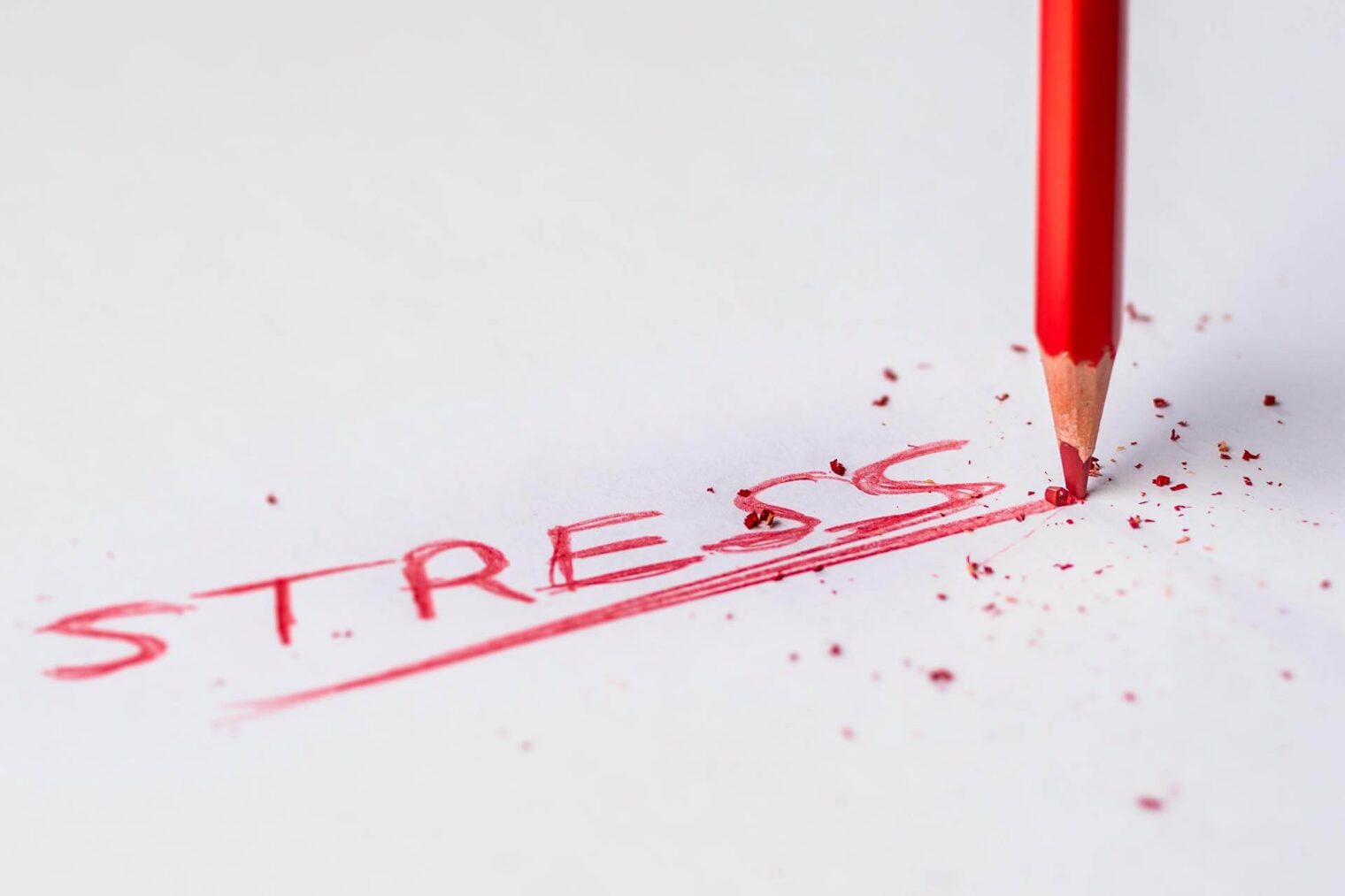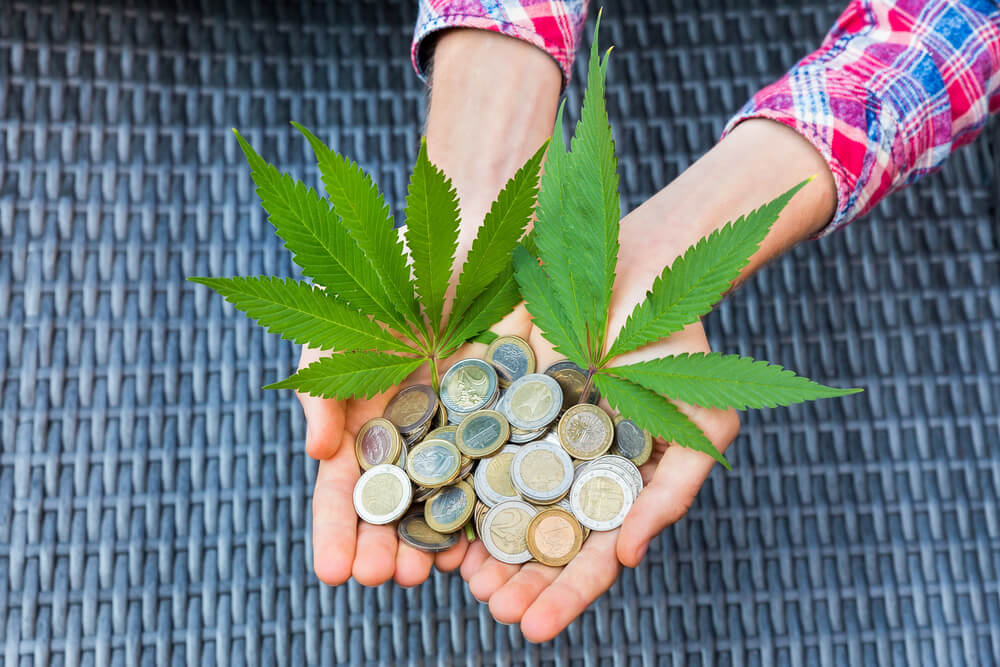Table of Contents

Using medical cannabis for ADHD is not as strange as it might appear. Many people struggle to manage ADHD, a condition that impacts focus, behavior, and emotions. Finding the right treatment can be challenging. Medical Cannabis for ADHD is becoming a topic of interest as some look for alternative ways to ease symptoms.
One fact worth noting is that research into cannabis for ADHD treatment is still in its early stages but has shown promising results for some individuals. This blog post aims to explore how medical cannabis might help those with ADHD, examining both the benefits and potential risks based on recent studies and patient experiences.
Stay tuned to learn more about this intriguing option of using medical cannabis for ADHD.
Brief explanation of medical cannabis
Medical cannabis, also known as medical marijuana, is a type of medicine that comes from the cannabis plant. It’s used to treat various health conditions and symptoms. This includes chronic pain, epilepsy, and nausea from chemotherapy.
People use different parts of the plant, like the leaves and flowers, to make medicine.
Doctors prescribe medical cannabis for attention deficit hyperactivity disorder (ADHD) among other neurological disorders. Researchers are looking into how substances in cannabis called cannabinoids can help with ADHD symptoms.
These studies focus on THC (tetrahydrocannabinol) and CBD (cannabidiol). THC is what makes people feel “high,” while CBD does not have this effect. Scientists are exploring how these components work in the brain of someone with ADHD.
Mention of ADHD and its impact
ADHD, or attention deficit hyperactivity disorder, affects millions of people. It impacts focus, impulse control, and overall behavior. Symptoms can disrupt daily life, academic performance, and relationships.
Children and adults with ADHD often struggle with maintaining attention. They may act without thinking. This can lead to challenges in school and work. The disorder can also affect a person’s self-esteem.
Finding effective treatments is crucial for improving their quality of life. Some individuals turn to cannabis for potential relief. Research into cannabis and ADHD continues to grow.
Understanding the Relationship between Cannabis Use and ADHD
Cannabis can have negative effects on the ADHD brain, leading to potential challenges for those who use it. Understanding these impacts helps clarify why some individuals with ADHD are drawn to cannabis despite its risks.
For a deeper look into this complex relationship, continue reading.
Negative effects of cannabis on the ADHD brain
Cannabis can have negative effects on the ADHD brain. Studies show that using marijuana can worsen attention and focus. It can also increase impulsivity and anxiety in people with ADHD.
The active ingredients in marijuana, especially THC, may interfere with brain development. This interference can lead to memory problems and difficulties in learning. Many individuals with ADHD might find temporary relief from symptoms.
However, long-term use can result in more severe issues, including mood swings and dependence. Understanding these risks is vital for anyone considering cannabis treatment for ADHD.
Cannabis use disorder (CUD)
Cannabis use disorder (CUD) affects many people, especially those with ADHD. CUD occurs when individuals use cannabis more than intended, leading to problems in their daily lives. This disorder can worsen ADHD symptoms.
The urge to use cannabis often stems from a desire for relief, but that relief can turn into dependency.
Research shows that people with ADHD may turn to marijuana as a coping mechanism. They might seek help with focus and impulsivity. Unfortunately, this can lead to a cycle of increased usage and worsening symptoms.
Seeking treatment for CUD is crucial. Therapies can help those struggling redirect their focus and manage ADHD symptoms more effectively.
How cannabis affects the ADHD brain
Cannabis impacts the ADHD brain in several ways. It can alter reward pathways, which often leads to impulsive behavior. THC, a major compound in marijuana, may worsen attention and focus issues.
Many individuals with ADHD use marijuana to self-medicate. They often seek relief from their symptoms, such as anxiety and restlessness. This can create a risky cycle. Cannabis use disorder (CUD) can develop in those with ADHD.
It complicates treatment and recovery. Studies show that cannabinoids may have both positive and negative effects on ADHD symptoms. More research is needed to fully understand these interactions.
What draws people with ADHD to cannabis
Many individuals with ADHD turn to cannabis for relief. They often seek a sense of calm and focus. Regular ADHD medications can have side effects. Some people find cannabis provides a more appealing alternative.
The compounds in cannabis, like CBD, may ease anxiety and improve concentration. Studies show that cannabinoids can reduce impulsivity and hyperactivity. Patients report feeling more in control after using medical marijuana for ADHD.
These effects attract them to consider cannabis-based medicinal products for their symptoms. Understanding these motivations is crucial for exploring effective treatments for ADHD.
Exploring the Benefits of Medical Cannabis for ADHD Treatment
Medical cannabis shows promise in treating ADHD symptoms. Patients report notable changes after trying cannabis therapies, sparking interest in this alternative approach.
Case studies and patient perceptions
Some case studies show positive changes in ADHD symptoms after using medical cannabis. Patients report reduced impulsivity and improved focus. They notice calmer behavior and better emotional control with cannabis therapy.
Many individuals express that CBD for ADHD helps manage their daily challenges effectively.
Patient perceptions of cannabis treatment vary widely. Some patients fear stigma while others embrace it as a valid option for ADHD management. Experiences differ, but many find marijuana and ADHD research promising.
Users often appreciate the holistic healing approach that cannabis provides compared to traditional medications.
Changes in ADHD symptoms before and after cannabis use
Cannabis therapy for ADHD can lead to notable changes in symptoms. Many users report reduced hyperactivity and improved focus after using cannabis. Case studies show that some patients experience a significant decrease in impulsivity and restlessness.
Blood sample analysis reveals alterations in cannabinoid levels in patients who used cannabis for ADHD treatment. These changes often result in enhanced daily functioning and better emotional regulation.
Cannabidiol (CBD) and cannabinoids may help manage symptoms for some individuals. However, not every patient sees the same results. Each person’s experience with cannabis varies.
Potential side effects
Medical cannabis can help some individuals with ADHD, but it may also bring side effects. Users might experience dizziness, fatigue, and changes in appetite. Some report increased anxiety or paranoia.
These effects can worsen ADHD symptoms. Individuals should monitor their reactions closely.
Cannabinoids can alter brain function, impacting focus and attention. Changes in mood and cognitive abilities may occur. Medical professionals recommend discussing these potential risks before starting treatment.
Patient experiences vary widely, so each person’s response is unique. Understanding cannabis and ADHD is essential for informed decisions.
Results of blood sample analysis
Blood sample analysis shows that cannabinoids can significantly impact individuals with ADHD. Researchers found that certain compounds in cannabis, particularly CBD, may help regulate symptoms.
Patients reported a reduction in hyperactivity and impulsivity. Their blood tests often displayed changes in levels of neurotransmitters linked to focus and attention.
These results suggest that cannabis-based medicinal products for ADHD treatment might offer real benefits. The analysis also highlighted the importance of monitoring blood levels. Understanding these changes can guide safe and effective cannabis therapy for ADHD patients.
Treatment Options for Cannabis Use Disorder in People with ADHD
Treatment for cannabis use disorder in individuals with ADHD can take various forms. Professionals often recommend behavioral therapy and counseling to help manage symptoms and reduce reliance on cannabis.
How CUD is treated in individuals with ADHD
Cannabis use disorder (CUD) affects many individuals with ADHD. Treatment for CUD often includes therapy and support groups. Cognitive-behavioral therapy (CBT) helps individuals change their behavior and thoughts about cannabis use.
In addition, medication may support those struggling with ADHD and CUD.
Parents can play a vital role in helping teens with ADHD manage their cannabis use. Open communication can lead to better understanding and support. Effective strategies can help teens make healthier choices.
Exploring treatment options ensures that individuals receive the care they need.
Role of parents in helping teens with ADHD using cannabis
Parents play a vital role in guiding teens with ADHD who use cannabis. They should engage in open conversations about cannabis and ADHD. This communication helps teens express their thoughts and feelings.
Parents can offer support and share information about alternatives, like CBD and ADHD treatments. They must monitor their teens for any signs of cannabis use disorder. Providing a safe space for discussion reduces stigma.
Parents can also advocate for their child’s needs in treatment settings. Collaboration with healthcare providers ensures teens receive appropriate care and information about cannabis and attention deficit hyperactivity disorder.
Medical Cannabis for ADHD
Researching medical cannabis for ADHD treatment opens new avenues. Improved quality of life for individuals with ADHD is possible through these studies.
Importance of researching medical cannabis for ADHD treatment
Researching medical cannabis for ADHD treatment holds great significance. Many individuals with ADHD explore cannabis as an alternative medicine. Studies show that cannabinoids can help manage ADHD symptoms.
Yet, some findings also reveal negative effects of cannabis on the ADHD brain. Understanding these benefits and drawbacks can shape effective treatment options. Medical professionals need solid data to guide their recommendations.
Increased research may lead to safer cannabis-based medicinal products for those affected by ADHD. This progress can significantly improve the quality of life for these individuals.
Potential for improved quality of life for individuals with ADHD
Medical cannabis holds promise for improving the quality of life for individuals with ADHD. Studies show that cannabinoids can help ease symptoms associated with this condition. Patients report decreased hyperactivity and improved focus after using cannabis-based medicinal products.
Some even experience less anxiety and better sleep. These positive changes can enhance daily functioning and relationships.
Many individuals with ADHD find that cannabis helps reduce the intensity of their symptoms. Cannabis may offer a new avenue for treatment, especially for those who do not respond well to traditional medications.
Understanding the benefits of cannabis and its effects on ADHD symptoms could lead to better treatment options. This research on ADHD and cannabinoids is essential for discovering effective solutions.








